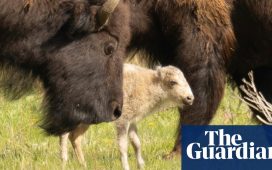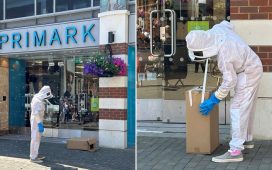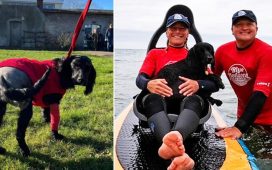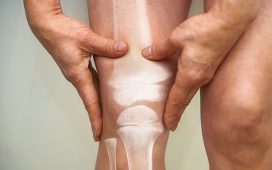More than 100 dolphins have become stranded in the shallow waters around Cape Cod on Friday in what an animal welfare group is calling “the largest single mass stranding event” in the organization’s 25-year history.
A group of Atlantic white-sided dolphins were found Friday in Wellfleet, Massachusetts, about 100 miles south-east of Boston, in an area called the Gut – or Great Island at the Herring River – which experts have said is the site of frequent strandings, due in part to its hook-like shape and extreme tidal fluctuations.
The International Fund for Animal Welfare, which rescues and rehabilitates animals, described the area as “the epicenter of our mass strandings” in a Facebook post.
The team of 25 animal-welfare workers and 100 trained volunteers had a rescue operation in place by an hour after high tide on Friday evening, Stacey Hedman, the fund’s communications director, told CNN.
“We had 125 Atlantic white-sided dolphins strand and 10 died before we arrived,” Hedman said in an email to CNN on Friday.
“We estimate 115 live dolphins, and we’re continuing to encourage them further out of the shallow mudflats,” Hedman told CNN Friday evening. “The tide in this area can be 10, 11 ft, and can make a dramatic difference in just a few hours.”
Misty Niemeyer, the organization’s stranding coordinator, said rescuers faced many challenges Friday including difficult mud conditions and the dolphins being spread out over a large area.
“It was a 12-hour exhausting response in the unrelenting sun, but the team was able to overcome the various challenges and give the dolphins their best chance at survival,” Niemeyer said in a statement.
The team started out on foot, herding the creatures into deeper waters and then used three small boats equipped with underwater pingers, according to the organization.
“The plan, given the number, is to triage and aim to support animals, refloat and herd as many as possible,” Hedman said. “Luckily, it is cooler today, but these animals will risk sunburn and overheating until the tide rises, and then we have the challenge of herding them into deeper water.”
The group also had the support of Whale and Dolphin Conservation, the Center for Coastal Studies, AmeriCorps of Cape Cod and the New England Aquarium.












